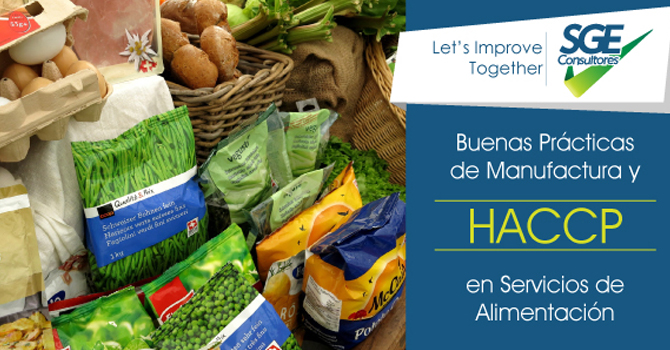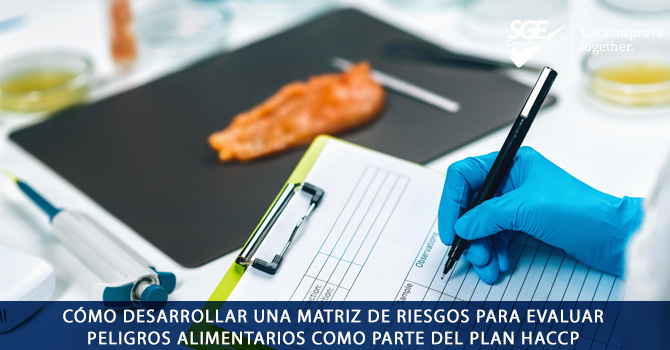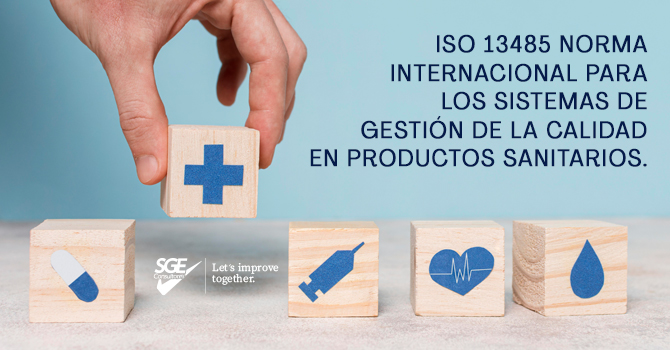
According to the World Health Organization, more than 70% of cases of foodborne illness originate due to improper handling. Factors such as the quality of the raw material, the environmental conditions, the characteristics of the equipment used in the preparation and the technical hygiene conditions are important points in the epidemiology of ETAs (Foodborne Diseases). Meanwhile, none of these aspects exceeds the importance of manipulation techniques and the manipulator's own health in this particularity.
The main forms of transmission of foodborne illness are: lack of hygiene of utensils, hands and equipment; crossbreeding of raw and cooked foods, mainly in freezers; use of contaminated food; prolonged exposure of food at inappropriate temperatures; and insufficient cooking of food products.
Food contamination is due to contaminated raw materials and inappropriate handling practices - both in processing and distribution - in foods that are in favorable conditions for the development of microorganisms, beyond poor equipment and operational structure.
For the above reasons, applying Good Hygiene Practices is a factor of great importance to guarantee the health of the population and that food is safe; as well as this will not cause harm to the consumer
Do you know what good hygiene practices are?
They are the processes and procedures of hygiene and manipulation, which are basic and indispensable requirements to control the operational conditions within an establishment, tending to facilitate the elaboration of innocuous foods, and to participate in a competitive market. In general, it can be said that they are recommendations that involve the three vertices of the food production pyramid: the facilities where the process takes place, the personnel involved and the food. The implementation of good practices is a basic tool for obtaining safe food for human consumption.
In Costa Rica, it is the responsibility of the Ministry of Health to ensure that food establishments destined for processing, handling, possession, trade and supply of food comply with the relevant legal and regulatory provisions. At SGE we support you through training aimed at personnel involved in all stages of the food manufacturing and distribution chain to meet the necessary requirements on food safety. These practices apply to sectors such as Hotel Gastronomy, Catering services, industrial canteens, sodas and business canteens, hospitals, restaurants, nursing homes, nurseries, airplanes, among others.
You can obtain more information in the following article of the Republic: Click here





0 comments